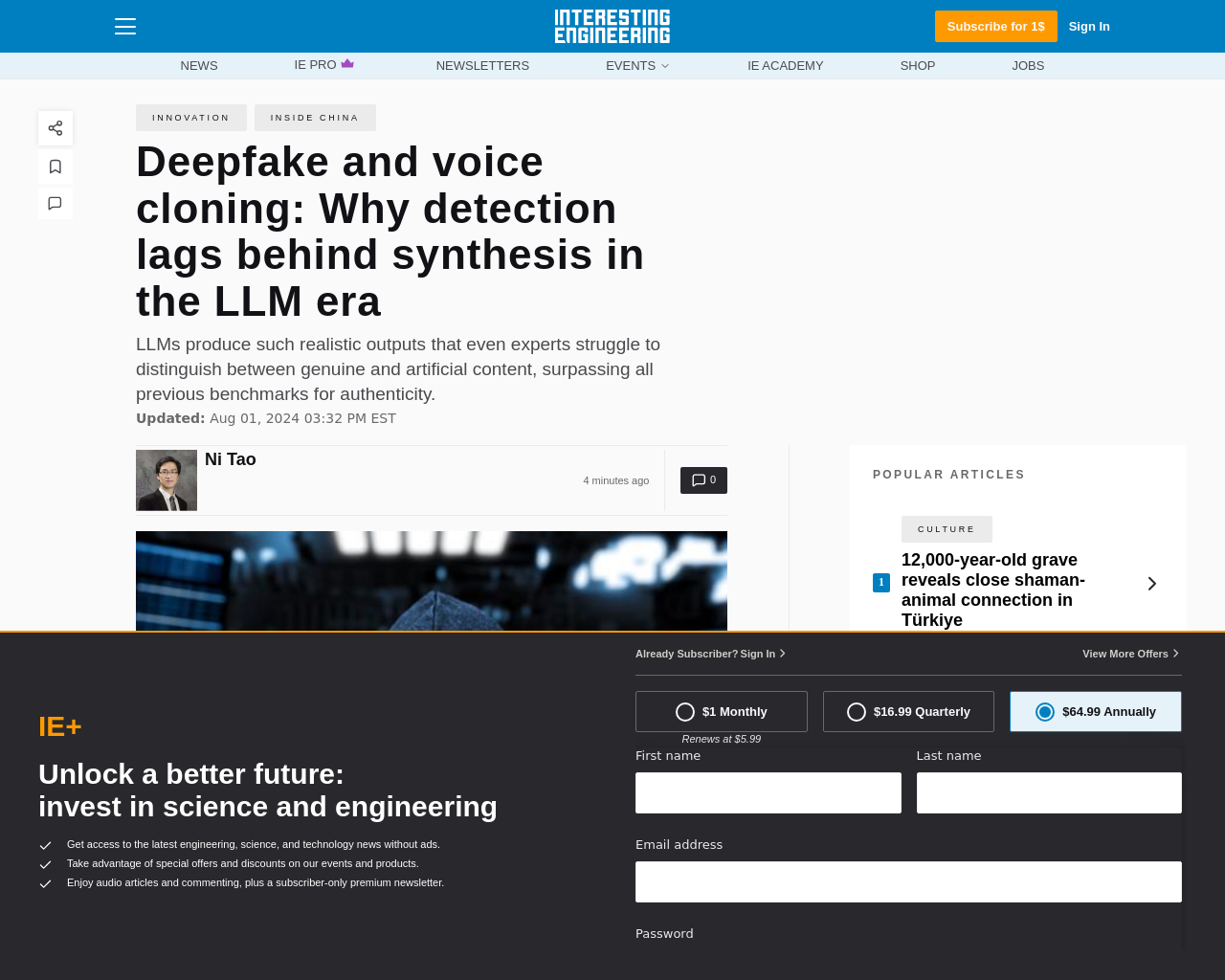- LLMs produce highly realistic outputs, making it difficult to differentiate between genuine and artificial content.
- The rise of LLMs has impacted the global content industry significantly.
- Deepfakes, a byproduct of LLMs, are causing a surge in crimes challenging internet security standards and raising AI ethics concerns.
- Regulators worldwide are struggling to contain deepfake frauds caused by generative AI misuse.
- Microsoft is urging the US Congress to crack down on AI-generated deepfakes to prevent fraud, abuse, and manipulation.
- There’s a call for a comprehensive deepfake fraud statute to prevent cybercriminals from exploiting AI technology.
- Legislation can address issues like user privacy and data misuse but may have gray areas, especially in distinguishing between entertainment and fraudulent AI-generated content.
- Voice forgery, particularly in China, poses a significant threat due to the complexity and difficulty in detecting fake voices.
- The growing realism of LLMs has made it challenging to differentiate between real and fake voices, leading to the need for improved detection technology.
- Competitions and research efforts are ongoing to develop effective countermeasures against deepfakes, with a focus on enhancing detection technologies.
考察結果:
– LLMは非常にリアルな出力を生成し、本物と人工コンテンツの区別が困難になっている。
– LLMの台頭はグローバルなコンテンツ業界に大きな影響を与えている。
– LLMの副産物であるディープフェイクは、インターネットセキュリティ基準に挑戦し、AIの倫理的な問題を引き起こしている。
– 世界中の規制当局は、ジェネレーティブAIの誤用によって引き起こされるディープフェイク詐欺を抑制しようと苦労している。
– マイクロソフトは、詐欺、悪用、操作から保護するために米国議会にAI生成のディープフェイクへの取り締まりを求めている。
– サイバー犯罪者がこの技術を悪用するのを防ぐため、包括的なディープフェイク詐欺法を制定することが求められている。
– 法律はユーザーのプライバシーやデータの誤用などの問題に対処できるが、エンターテイメントと詐欺目的のAI生成コンテンツの区別が難しいことがある。
– 特に中国では、声の贋作は偽物の声を検知する複雑さや難しさから重大な脅威をもたらしている。
– LLMの進化するリアリズムにより、リアルとフェイクの声を区別するのが難しくなり、検知技術の改善が必要とされている。
– ディープフェイクに対する効果的な対策を開発するため、競技や研究活動が進行中であり、検知技術の向上に焦点を当てている。
元記事: https://interestingengineering.com/innovation/deepfake-voice-cloning-detection-synthesis-llm

